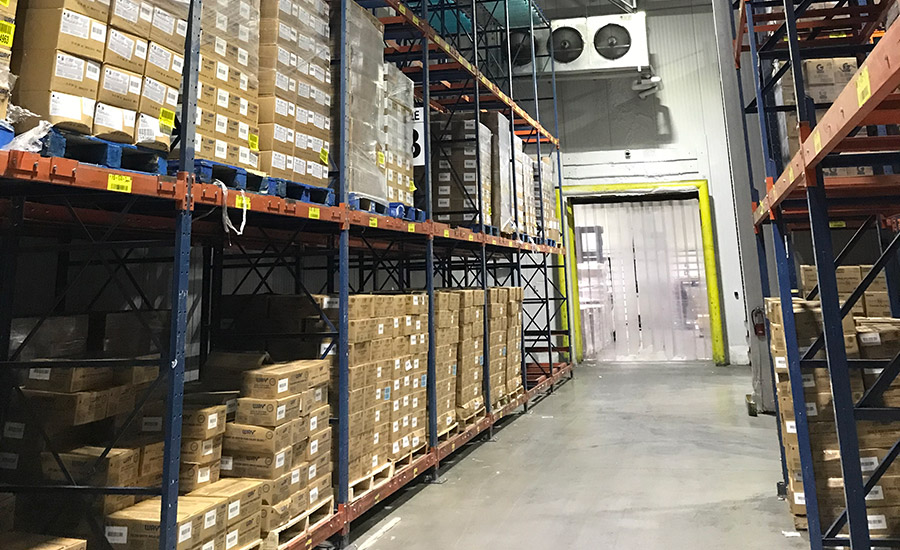When it comes to selling a home, there are many things to consider. From staging the property to setting the right price, it can be a busy and stressful time. However, one thing that should not be overlooked is the importance of building inspections for home sellers. In this article, we’ll discuss why building inspections are important for home sellers and what you need to know.
Why Building Inspections are Important for Home Sellers
Building inspections are an important part of the home selling process for several reasons:
Identify Potential Issues
A building inspection can help identify any potential issues with the property that may need to be addressed before the sale. For example, if the inspection reveals that the roof is damaged, the seller can take steps to repair or replace it before listing the property. This can help to ensure that the property is in good condition and can potentially increase its value.
Avoid Surprises
By having a building inspection before listing the property, the seller can avoid surprises during the negotiation process. If the buyer discovers a problem with the property that the seller was unaware of, it can lead to delays or even cause the sale to fall through. By having a building inspection beforehand, the seller can address any issues and avoid these potential problems.
Increase Buyer Confidence
When a seller provides a building inspection report to potential buyers, it can increase their confidence in the property. This can help to speed up the sales process and make the property more attractive to buyers.
Negotiate a Fair Price
If the inspection reveals that the property needs repairs or has other issues, the seller can use this information to negotiate a fair price with the buyer. By being upfront about any issues, the seller can avoid disputes later on and ensure that the sale goes smoothly.
What to Expect During a Building Inspection
During a building inspection, a qualified inspector will assess the property to identify any issues that may need to be addressed. This may include:
Structural Issues
The inspector will assess the foundation, walls, roof, and other structural components to identify any signs of damage or deterioration.
Plumbing and Electrical Systems
The inspector will assess the plumbing and electrical systems to ensure that they are functioning properly and are up to code.
Heating and Cooling Systems
The inspector will assess the heating and cooling systems to ensure that they are functioning properly and are up to code.
Safety Hazards
The inspector will assess the property for safety hazards, such as mold, asbestos, or lead-based paint.
What to Do if Issues are Found
If the building inspection reveals any issues with the property, the seller has several options:
Address the Issues
If the issues are minor, the seller may choose to address them before listing the property. This can help to ensure that the property is in good condition and can potentially increase its value.
Disclose the Issues
If the issues are more significant, the seller may choose to disclose them to potential buyers. This can help to avoid surprises during the negotiation process and can ensure that the sale goes smoothly.
Negotiate the Price
If the issues are significant, the seller may choose to negotiate the price with the buyer. By being upfront about any issues, the seller can avoid disputes later on and ensure that the sale goes smoothly.
Conclusion
In conclusion, building inspections are an important part of the home selling process. They can help to identify potential issues, avoid surprises, increase buyer confidence, and negotiate a fair price. If you are planning to sell your home, it is important to have a building inspection conducted before listing the property. By doing so, you can ensure that the sale goes smoothly and that you get the best possible price for your property.




